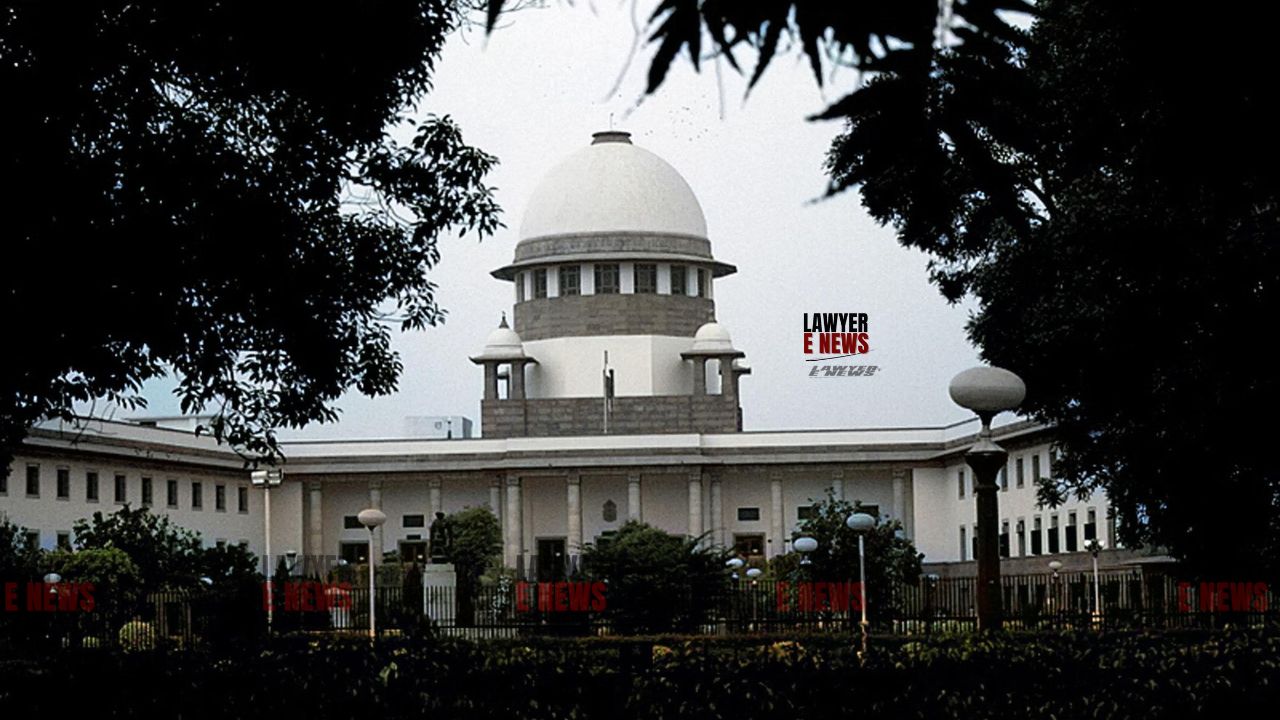-
by Admin
15 February 2026 5:35 AM



Supreme Court of India quashed criminal proceedings against senior executives of Hindustan Lever Ltd. accused of abetting the suicide of their colleague, Rajeev Jain. The Court ruled that mere workplace harassment and coercion to accept a Voluntary Retirement Scheme (VRS) do not meet the legal threshold for abetment of suicide under Section 306 of the Indian Penal Code (IPC). This judgment clarifies the stringent requirements of "instigation" or "intent" necessary to establish criminal liability for abetment of suicide in a workplace context.
Rajeev Jain, an employee with Hindustan Lever Ltd. for over 23 years, was allegedly pressured by his superiors to accept a VRS. Following harassment and perceived humiliation in a company meeting on November 3, 2006, Jain was found dead in his hotel room. His brother lodged an FIR, accusing several company officials of harassment leading to suicide. The High Court dismissed the accused’s plea to quash the proceedings, leading to an appeal in the Supreme Court.
The core issue was whether workplace harassment and coercion for VRS constituted "abetment of suicide." The Court reaffirmed that abetment requires a clear "instigation" or "goading" to commit suicide, which goes beyond general harassment.
Citing S.S. Cheena v. Vijay Kumar Mahajan and Geo Varghese v. State of Rajasthan, the Court held that to sustain a charge under Section 306 IPC, there must be a positive act or conduct by the accused intended to incite suicide, not mere dissatisfaction or frustration at work.
The Court highlighted that "instigation" under Section 107 IPC requires a deliberate or intentional act by the accused to incite the victim towards suicide. General harassment or even public humiliation does not suffice unless it was intended to drive the victim to suicide.
"The intention of the legislature... requires an active act or direct act which led the deceased to commit suicide," the Court observed, emphasizing that mental pressure alone does not satisfy the criteria for abetment.
The Court scrutinized witness statements alleging that Jain was humiliated in a meeting and forced to accept a lower position. However, it found these allegations insufficient to prove any direct instigation or unbearable harassment intended to push Jain to suicide.
"Mere allegations of workplace harassment, without a direct intent to provoke suicide, do not satisfy the legal criteria for abetment under Section 306," noted the Court.
Details of the Judgment: The Supreme Court criticized the High Court for failing to apply the correct legal principles and for relying heavily on witness statements without establishing a direct link between the accused’s actions and Jain's suicide. It underscored that for an abetment charge to hold, the accused’s conduct must create a situation so unbearable that the victim perceives suicide as the only escape.
The judgment reinforces that workplace dissatisfaction or disputes, including pressure to accept VRS, do not equate to abetment unless there is evidence of a deliberate act or psychological manipulation aimed specifically at inciting suicide.
The Court concluded that subjecting the accused to trial based on the current allegations would amount to an abuse of the legal process. The proceedings in Criminal Case No. 11428 of 2007 were deemed to lack a prima facie case for abetment.
The Supreme Court allowed the appeal and quashed the proceedings, observing that the actions of the appellants did not meet the stringent requirements for abetment of suicide under Section 306 IPC. The judgment underscores the need for clear evidence of intent and instigation for a valid abetment charge, especially in workplace-related suicides.
Date of Decision: October 3, 2024
Nipun Aneja & Others vs. State of Uttar Pradesh
